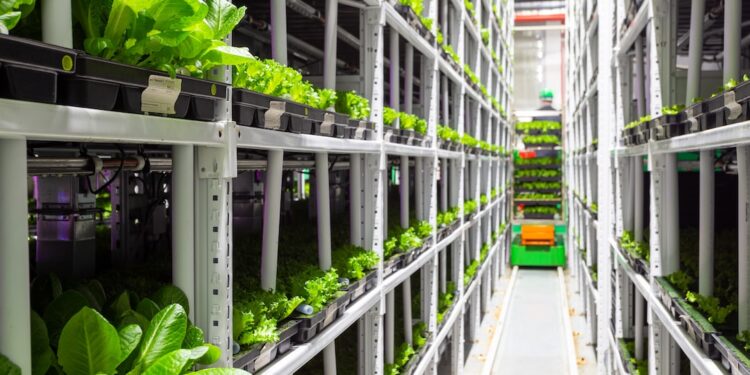Sustainable Practices in Manufacturing: Building a Greener Future
Sustainability has become a buzzword in recent years, and for good reason. As concerns about climate change and environmental degradation continue to rise, industries around the world are exploring ways to reduce their carbon footprint and adopt more sustainable practices. One sector where these efforts are particularly crucial is manufacturing.
Manufacturing plays a significant role in global emissions and resource consumption. From the extraction of raw materials to the production and disposal of goods, the manufacturing process has a profound impact on the environment. However, with advancements in technology and increasing awareness, manufacturers can now adopt sustainable practices that not only benefit the planet but also improve their long-term profitability.
One key area where sustainable practices can make a difference is in energy consumption. Manufacturing processes often require substantial amounts of energy, mostly generated from fossil fuels. However, the integration of renewable energy sources such as solar and wind power can help reduce greenhouse gas emissions associated with manufacturing operations. Installing solar panels on factory rooftops or utilizing wind turbines can provide a sustainable and cost-effective energy supply that significantly cuts down on carbon emissions.
Another important aspect of sustainable manufacturing is resource management. The production of goods requires the extraction and utilization of raw materials, which often leads to deforestation, land degradation, and water pollution. Adopting sustainable sourcing practices can help mitigate these issues. For instance, manufacturers can prioritize the use of recycled or renewable materials, reducing the demand for virgin resources. Additionally, implementing efficient waste management systems, such as recycling and composting programs, can minimize the amount of waste sent to landfills.
Water management is another critical area for sustainable manufacturing practices. Water is a finite resource, and its scarcity is a growing concern around the world. Manufacturers can implement various water-saving measures, such as installing water-efficient fixtures and implementing recycling systems to reduce consumption and minimize wastewater discharge. Treating and reusing wastewater within manufacturing processes can also help conserve water resources while reducing pollution.
To truly embrace sustainability, manufacturers must also prioritize the reduction of emissions and waste throughout the product lifecycle. This includes designing products with a focus on durability, recyclability, and low environmental impact. Sustainable manufacturing involves considering the entire lifecycle of a product, from the sourcing of raw materials to the disposal or recycling of the end product. By adopting a circular economy model, manufacturers can minimize waste generation and extend the lifespan of products through repair, refurbishment, and recycling.
Implementing sustainable practices in manufacturing is not only an environmental responsibility but also a smart business decision. Consumers are increasingly seeking environmentally-friendly products, and companies that fail to meet these demands risk losing market share. Moreover, sustainable practices can significantly reduce operational costs in the long run. For instance, energy-efficient machinery and optimized logistics can reduce energy consumption and transportation costs, improving the overall efficiency and profitability of manufacturing processes.
Furthermore, sustainable practices can enhance brand reputation and attract socially-conscious investors. With the growing emphasis on corporate social responsibility, companies that prioritize sustainability stand out from the competition. Communicating the adoption of sustainable practices can resonate with consumers and investors, fostering trust and loyalty in the brand.
Although the adoption of sustainable practices in manufacturing is crucial, it is not without its challenges. Implementing new technologies and modifying existing processes can be expensive and time-consuming. Additionally, obtaining sustainable certifications and complying with regulations often require additional resources and expertise. However, the benefits far outweigh the costs, as sustainable manufacturing practices help secure a cleaner, greener future for both businesses and the planet.
In conclusion, sustainable practices in manufacturing are essential for reducing the environmental impact of production processes. By adopting renewable energy sources, managing resources efficiently, and implementing water-saving measures, manufacturers can significantly reduce their carbon footprint. Additionally, prioritizing the reduction of emissions and waste throughout the product lifecycle can lead to more durable, recyclable, and environmentally-friendly products. Not only are sustainable practices environmentally responsible, but they also yield financial benefits and improve brand reputation. The journey towards sustainable manufacturing may be challenging, but the rewards are far-reaching and necessary for a greener future.














